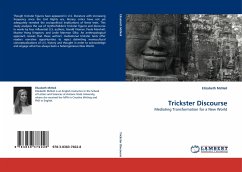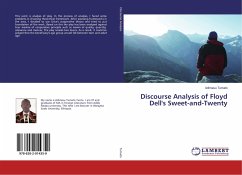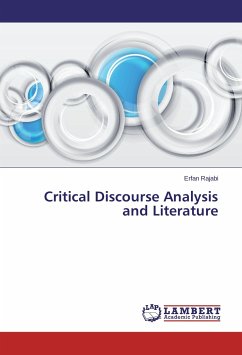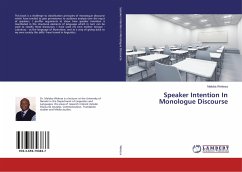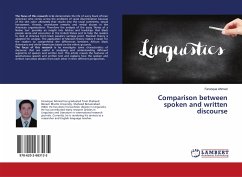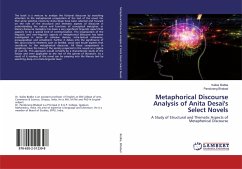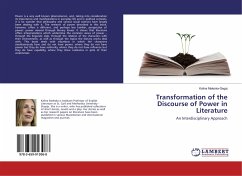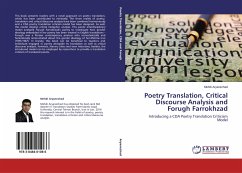Though trickster figures have appeared in U.S. literature with increasing frequency since the Civil Rights era, literary critics have not yet adequately revealed the sociopolitical implications of these texts. This study analyzes the use of mythic/folkloric trickster figures and discourse in works by four influential U.S. authors, Gerald Vizenor, Paule Marshall, Maxine Hong Kingston, and Leslie Marmon Silko. An anthropological approach reveals that these authors' mediational trickster texts offer readers narrative opportunities to reject delimiting monocultural conceptualizations of U.S. history and thought in order to acknowledge and engage what has always been a heterogeneous New World.
Bitte wählen Sie Ihr Anliegen aus.
Rechnungen
Retourenschein anfordern
Bestellstatus
Storno

